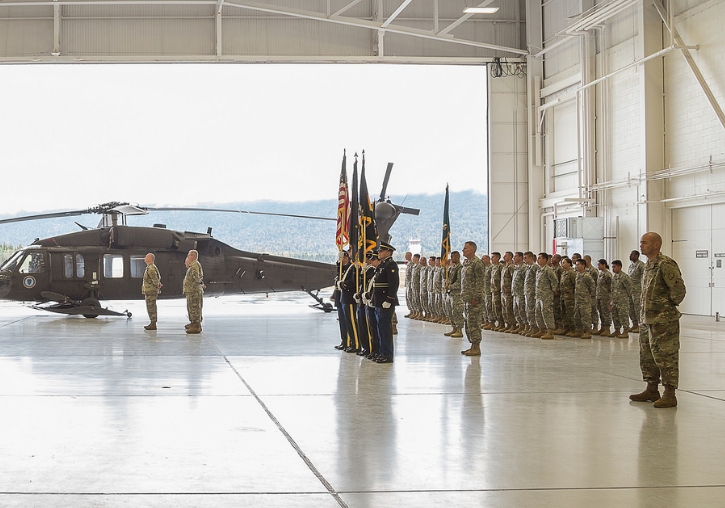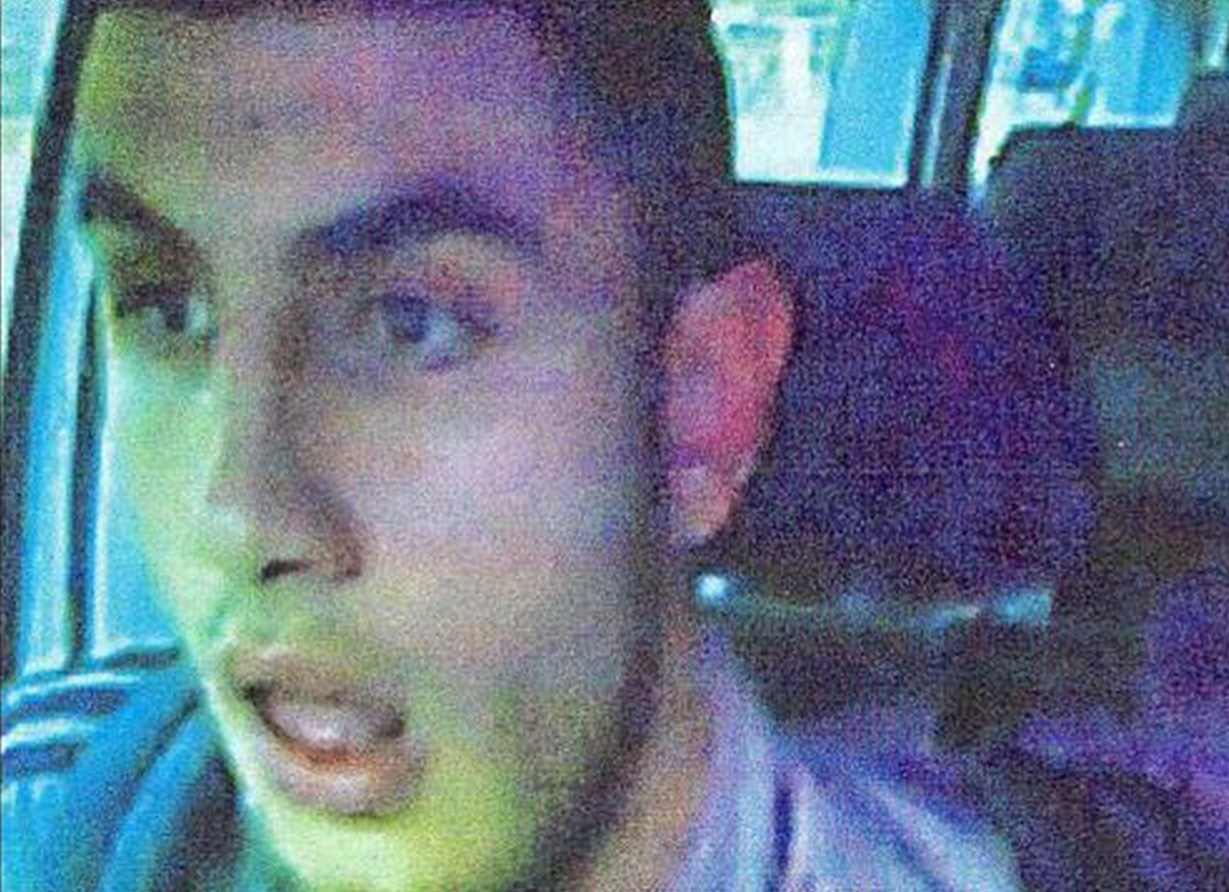
On Monday, the U.N. High Commissioner for Human Rights Zeid Ra’ad Al Hussein addressed the locking up of immigrant children in camps by the U.S. in a statement to the 38th session of the Human Rights Council saying, “In the past six weeks, nearly two thousand children have been forcibly separated from their parents. The American Association of Pediatrics has called this cruel practice “government-sanctioned child abuse” which may cause “irreparable harm,” with “lifelong consequences”. The thought that any State would seek to deter parents by inflicting such abuse on children is unconscionable. I call on the United States to immediately end the practice of forcible separation of these children.”
One day later, in response to those comments, the Trump administration pulled out of the Human Rights Council, with U.N. Ambassador Nicki Haley saying, “For too long the Human Rights Council has been a protector of human rights abusers and a cesspool of political bias.”
The United States once held the had the lead in international advocacy for human rights around the globe and has been outspoken in the protection of human rights, with its withdrawal from the council, that voice will be noticeably diminished.[xyz-ihs snippet=”Adversal-468×60″]
Sen. Chris Coons was among those who were dismayed at the Trump administration’s decision to withdraw, said, “The U.N. Human Rights Council isn’t perfect, but withdrawing the United States from this important body sends a clear message that the Trump administration does not intend to lead the world when it comes to human rights, it also makes it harder for the United States to prevent the Human Rights Council from taking positions we oppose.“
The withdrawal was expected and the Trump administration hinted at the idea over a year ago, and with the appointment of John Bolton as National Security Advisor of the United States, the withdrawal was not as much an “if,” but a “when.”







